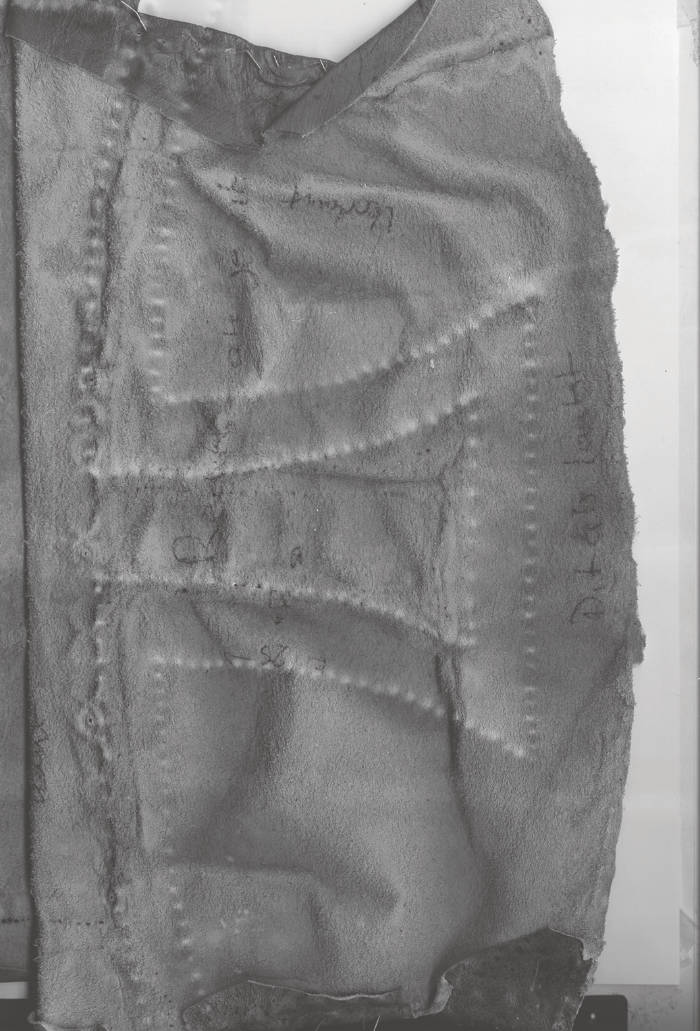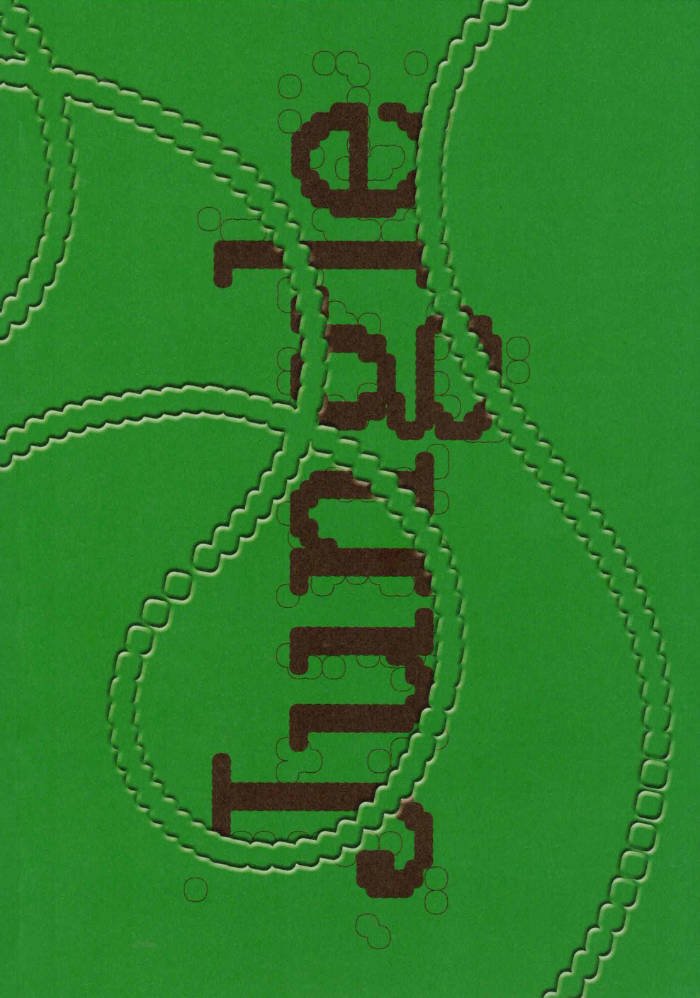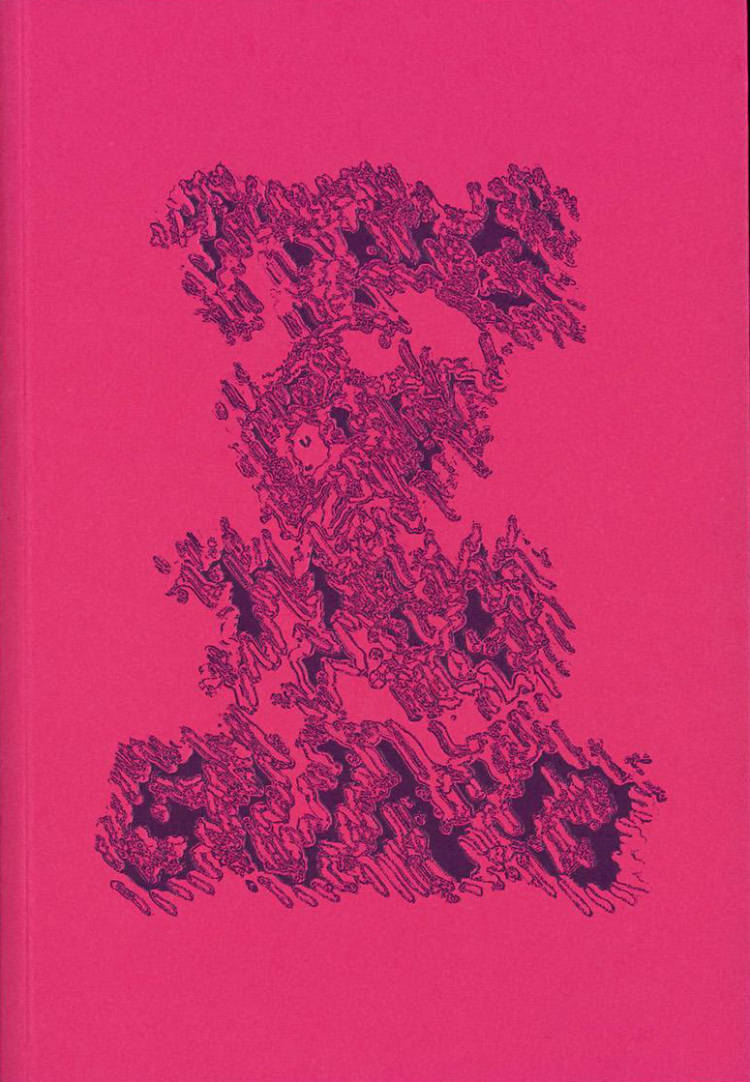Jungle, (the latest 2025 self-published zine offering from studio saudari), delves into The Socio-Political, The Pitfalls of Neoliberalism, Circus State, Environmental Collapse, Heterotopias & Growth ~ Decay.
Referencing Upton Sinclair’s novel The Jungle (1905), this print issue aims to combine various interpretations of The Jungle as a site of critique, of contention, of potential growth.
Contributors:
y3000w, Video Club, Fred Horton, Jordan Ossermann, Tristac Gac, Tom Hegen, Santiago Barragán, Anu Jakobson, Camille Theodet, George Nebieridze, Mu Pan, Robert Zhao Renhui, Thérèse Rafter, Cecilia Vicuña, Dani Santander Villarroel, Adam Call Roberts, Dr. Sönke Johnsen, Elena Zaghis, Miguel Garchitorena, Amanda Nell Eu, Mishka Mahomed, Dani Kyengo O'Neill / BŪJIN, Erin Jane Nelson, Mariana E. Rivas Salazar, Kim Rosario, Rachel Lamot, Marion Post Wolcott, Madina Mahomedova.
Designed by Felicia Usinto & Sera van de Water








